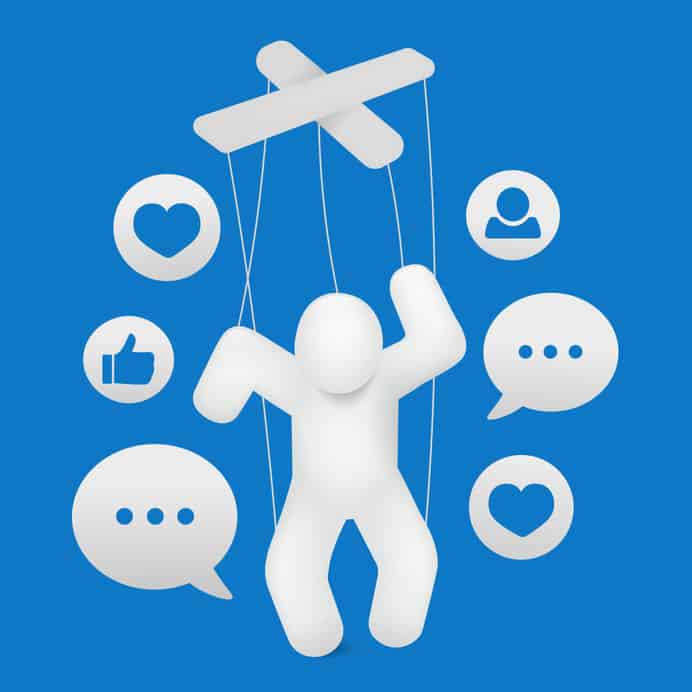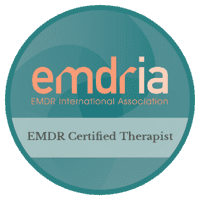Social Media – Good or Bad?
I had been a member of Facebook since 2009. The social media App was mostly used on my phone. Over the years I thought about shutting down my account, but the App made keeping up with family and friends easy and enticing. Yet, I found myself feeling increasingly disrupted over the past two years.
How many times do you think that you check Facebook (Twitter, Instagram, Snapchat…) each day? Do you think that it is 10 times? 20? I was surprised to read that research suggests that the number is closer to 100. In fact, we check our phones so often that we probably aren’t even conscious about our actions anymore. Your phone is likely the first thing you reach for in the morning when you wake up, and the last thing you look at before bed. It has become a habit – perhaps an addiction. Why?
Here is a quick look at some brain chemistry to help explain.
There are many chemicals in the brain, but let’s look at dopamine and oxytocin. These are known as feel good chemicals. Simply explained, dopamine is the reward chemical associated with pleasurable feelings and oxytocin the “love hormone”.
Dopamine and oxytocin are powerful.
Dopamine: When we see an attractive face on social media, we are rewarded with a release of dopamine. It is the same chemical that is released when we eat good food, make money, have sex, experience novelty, or use cocaine. Users of social media can click on and feel a rush anytime they want – 24/7.
Oxytocin: Sad or trying stories are shared too. When support is offered by our friend’s responses, oxytocin is released to mitigate the pain or stress. Facebook especially is geared to fool our brain’s into believing that we are surrounded by people who love us.
Some say Facebook is a rewarding experience, while other’s highlight the negative emotions it can bring.
Research studies have found strong correlations between depression and anxiety symptoms and the amount of time spent on social media. Notable improvement in wellbeing were noted as people drastically decreased time spent on social media sites.
Although I was not a part of a research study, shutting down my Facebook page at the end of January 2022 has significantly improved my wellbeing. My husband has noticed how less disrupted I am having removed myself from divisive newsfeed comments. I feel it in my body. I am more regulated. And I hate to admit it, but I got back quite a bit of daily time to do other things that I enjoy in the real world. Contrary to popular belief, I do still know what is going on in the World. Truly, I have not missed Facebook.
Social media is probably here to stay. As the saying goes, “everything in moderation.” If you feel you might be experiencing depression or anxiety due to social media use, try limiting your useage or unplugging for a while. If your symptoms do not improve, the therapists at The Center for Hope and Healing are here to help.
References/Read More:
https://www.psychologytoday.com/us/blog/vitality/201205/facebook-and-your-brain
https://www.nber.org/papers/w2551
https://pubmed.ncbi.nlm.nih.gov/22447092/
If you struggle with too much time on social media, call us at 936-524-7523 or go to our website at www.thecenterforhopeandhealing.net.




